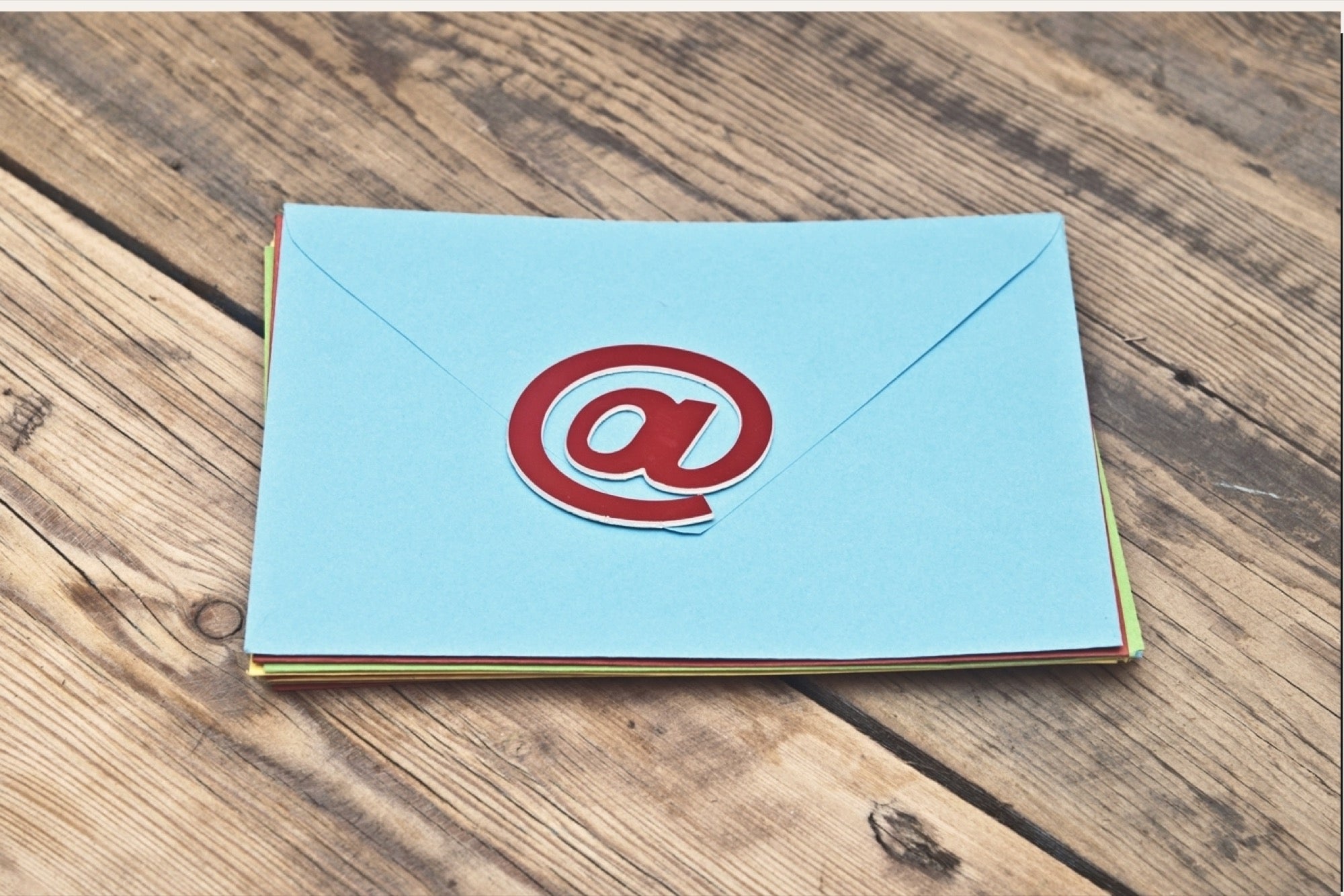How to communicate effectively over emails at workplace In today's world, it has become imperative to make the best possible use of emails to communicate effectively at the workplace.
By Mitali Bose
Opinions expressed by Entrepreneur contributors are their own.
You're reading Entrepreneur India, an international franchise of Entrepreneur Media.

Email is the most widely used tool for business communication at the workplace. We read and compose at least 50-60 emails a day on an average. Poorly written, unclear, misleading or ineffective emails not only cause a loss of time and productivity, but can also harm one's reputation by leaving a poor impression on the reader.
It, therefore, becomes imperative that we make the best possible use of emails to communicate effectively at the workplace. To do so, you must keep in mind some basic email etiquette to draft the perfect official email.
Relevance
Email as a means of communication can be effective only when it is relevant. Email may be convenient but does not necessarily mean that it is the best means of communication in every situation at the workplace. Before you start writing, ask yourself if it really is necessary and you need to email at all; will a phone call or a face-to-face discussion not suffice.
Subject line
Always add a subject line to your emails. Emails without a subject line are overlooked as spam, more often than not. The subject line, as the name suggests, must be specific to the content of your email. Treat an email subject line as you would a newspaper headline – use it to grab the reader's attention whilst summarizing the main idea of the email in a concise sentence.
Example: "Monthly planning report – January 2015" instead of an ambiguous "Report" in the subject line specifies which report the email refers to.
Content
It is always a good idea to think about what you want to write before you actually do so. It helps in adding clarity to your message. Organise your thoughts in a logical sequence before jotting them down. Refrain from sending inappropriate messages.
Keep your messages clear and brief. Your sentences should be short and to the point. Long and badly structured sentences confuse the reader. The length of your email is also important in determining how effective your message is going to be. Research has shown that people do not have the time or the inclination to go through long, tedious emails. It is ideal to keep your emails as short as possible without eliminating necessary information.
Avoid miscommunication by keeping content clear, organised and contextual. Begin your email with a formal salutation, state the purpose of writing and provide a context to why you are writing. Use paragraphs – form a paragraph with related points and change paragraphs to present separate ideas.
Close the email by stating the outcome you expect from your message and sign off with a polite greeting and your name.
Tone
The emails you send are a reflection of your professionalism. Emails at the workplace must have a formal tone to them. There is always a higher chance of miscommunication over emails because your words are not accompanied by gestures, body language and facial expressions, and your reader may easily misconstrue your words. Be polite, choose your words wisely, use proper punctuation and avoid capitalizing all your words.
For instance, there are more chances of your receiving the said report with a "Please send me the report" over "Send me the report!" or "SEND ME THE REPORT". A polite message always elicits a more favourable response over a harshly worded one. Exclamation marks are not seen as formal and should be avoided in official emails. Whole words (not acronyms) and sentences when written in capital letters are considered extremely rude and unprofessional.
Language
An email can be effective only when the language used is grammatically sound and is spelt correctly. If the reader cannot understand what you have written, there is hardly any chance of them taking any action on it, thereby rendering your message ineffective. An email rife with spelling mistakes also makes you look incompetent. Review your messages before sending them. Make it a habit to proofread your emails twice over and use spell check. Your emails must always give an impression of being well thought out.
Response time
Good email etiquette maintains that you do your best to respond to business communications as soon as possible. When you do not respond promptly, you come across as unorganised and unconcerned. Even if you are not able to attend to an email right away, writing a line back in acknowledgement that you have received it and will attend to it shortly, shows professionalism.
Write not an email that you would not want to be a recipient of – keep this golden rule in mind while sending emails at the workplace.










